How to Choose the Right Wood CNC Machine for Your Project Needs
Choosing the right wood CNC machine for your project needs is a crucial step in ensuring that your woodworking endeavors are both efficient and successful. With the vast array of options available in today's market, from compact models suitable for hobbyists to industrial-grade machines designed for high-volume production, it's essential to understand your specific requirements before making a decision. Factors such as the type of wood you plan to work with, the complexity of your designs, and the level of precision you aim to achieve can significantly influence your choice. Additionally, considering the machine's features, software compatibility, and ease of use will help streamline your workflow and enhance the overall quality of your projects. In this guide, we will explore the key aspects to consider when selecting a wood CNC machine that best aligns with your woodworking ambitions, ensuring you invest wisely in a tool that meets your creative and practical needs.
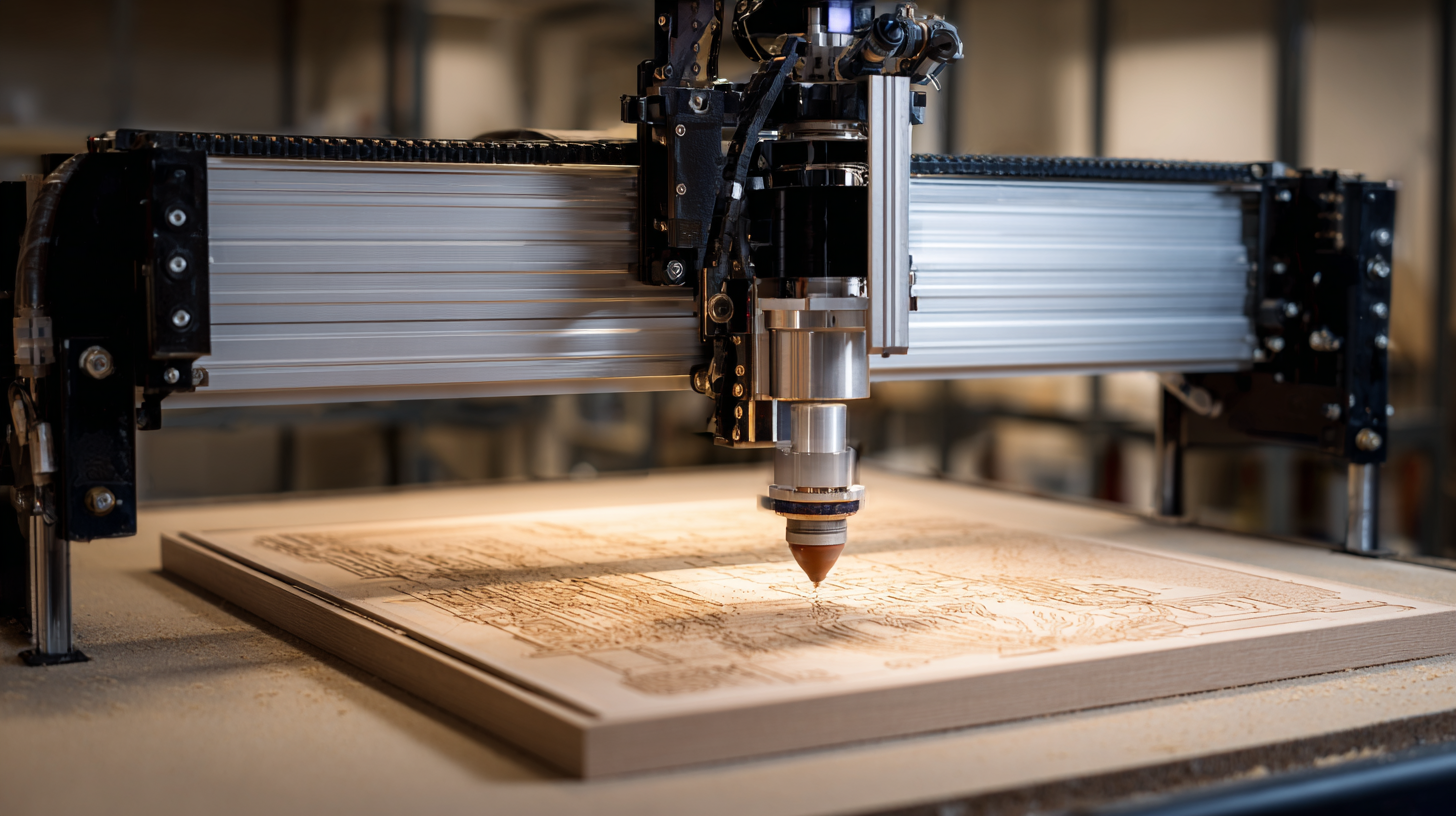
Factors to Consider When Selecting a Wood CNC Machine for Your Project
When selecting a wood CNC machine for your project, several factors come into play that significantly influence both performance and the quality of the finished product. One critical aspect to consider is the machine's precision and accuracy. According to a report by MarketsandMarkets, the CNC machine market is projected to reach USD 117 billion by 2026, indicating a growing emphasis on precision in manufacturing processes. Machines with higher resolution and repeatability ratings can produce intricate designs with tight tolerances, essential for high-quality woodworking projects.
Another factor to evaluate is the size and capacity of the CNC machine. It's vital to match the machine's specifications with your project’s scale and material types. For instance, a study conducted by Research and Markets reveals that the demand for larger CNC routers has surged, attributed to an increase in mass customization capabilities in woodworking applications. Additionally, consider whether the machine supports various tooling options, as versatility can streamline production and allow for more creative woodworking designs.
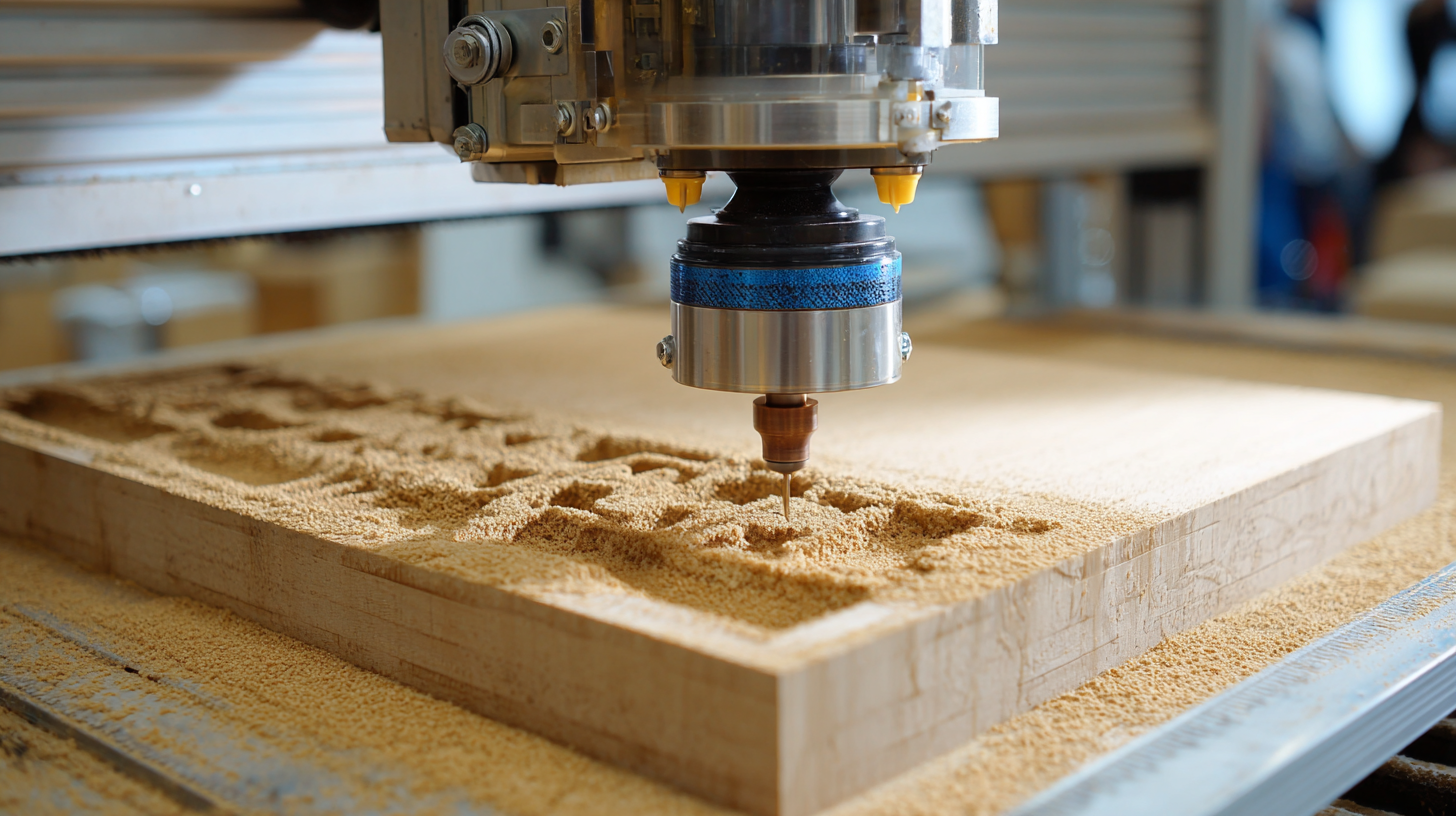
Types of Wood CNC Machines: Which One Suits Your Needs Best?
When selecting the right wood CNC machine for your needs, it's crucial to understand the different types available and how each suits various projects. There are three primary categories of wood CNC machines: router-based, laser engraver, and hybrid models. Router-based machines are ideal for detailed edge profiles and jointing, making them a favorite among DIY enthusiasts and hobbyists. They excel in crafting intricate designs and are well-suited for various woodworking tasks.
Laser engravers, on the other hand, offer precision cutting and engraving for decorative projects and personalized items. They can handle a variety of materials beyond wood, including acrylics and leather, which is beneficial for those looking to expand their creative repertoire. Lastly, hybrid models combine the capabilities of both routers and lasers, providing versatility for those who want to tackle a wide range of projects without investing in multiple machines. Evaluating your specific project requirements, budget, and skill level will guide you in selecting the most appropriate wood CNC machine to bring your ideas to life.
How to Choose the Right Wood CNC Machine for Your Project Needs
| Type of CNC Machine | Best For | Max Cutting Area (mm) | Typical Spindle Power (kW) | Price Range ($) |
|---|---|---|---|---|
| Entry-Level CNC Router | Beginners, DIY Projects | 600 x 900 | 1.5 | 1,000 - 3,000 |
| Industrial CNC Router | High-Volume Production | 1,200 x 2,400 | 5.5 | 10,000 - 50,000 |
| Mini CNC Router | Small Projects, Hobbyists | 300 x 600 | 0.8 | 500 - 1,500 |
| CNC Laser Cutter | Precision Cutting, Engraving | 1,000 x 1,500 | 2.0 | 5,000 - 20,000 |
| 5-Axis CNC Machine | Complex Shapes, High Precision | 800 x 1,200 | 10.0 | 30,000 - 100,000 |
Understanding Your Material: Wood Types and CNC Compatibility
Choosing the right wood CNC machine for your project starts with a deep understanding of the types of wood you plan to use. Different wood species have varying densities, stiffness, and grain patterns, which can significantly impact machine performance and cutting quality. For instance, hardwoods like oak and maple are denser and may require a higher spindle speed and more robust cutting tools than softer woods like pine or cedar. Utilizing the appropriate CNC machine can enhance precision in cuts and provide a smoother finish, making it essential to match the machine's capabilities with your material.
Tips: When selecting a CNC machine, consider the maximum material thickness and the machine's rigidity. For intricate designs on hardwoods, a machine with high torque and stability will yield better results. Additionally, remember that wood is hygroscopic; its moisture content can affect machining operations. Aim for a moisture content of around 6-8% to achieve optimal cutting conditions and minimize warping.
Furthermore, the rise of sustainable natural fiber composites, such as those derived from bamboo and wood fibers, offers new possibilities in CNC machining. These materials are not only biodegradable but also exhibit excellent mechanical properties, making them suitable for various applications. As you explore CNC options, look for machines that can efficiently handle these newer materials, which are increasingly favored in eco-friendly woodworking projects.
Budgeting for Your Wood CNC Machine: Price vs. Performance Explained
When considering a wood CNC machine, budgeting is a crucial step that involves evaluating both price and performance. The initial cost of a CNC machine can vary widely based on factors such as size, features, and brand reputation. It’s essential to establish a clear budget that aligns with your project's requirements. Opting for the lowest price may save you money upfront, but it could result in compromises on performance, durability, and precision. A machine that lacks robust features or is made with inferior materials may lead to increased operational costs in the long run due to frequent repairs or necessary replacements.
On the other hand, investing in a higher-priced model often comes with enhanced capabilities and reliability, which can significantly increase productivity and the quality of your final product. Machines that offer advanced features like better software integration, higher spindle speeds, and automatic tool changers, although more expensive, can ultimately pay for themselves by reducing manufacturing time and improving efficiency. Therefore, it's essential to weigh the long-term benefits of performance against the initial financial outlay to make an informed decision that meets both your project's needs and your budget constraints.
Essential Features to Look for in a Wood CNC Machine for Optimal Results
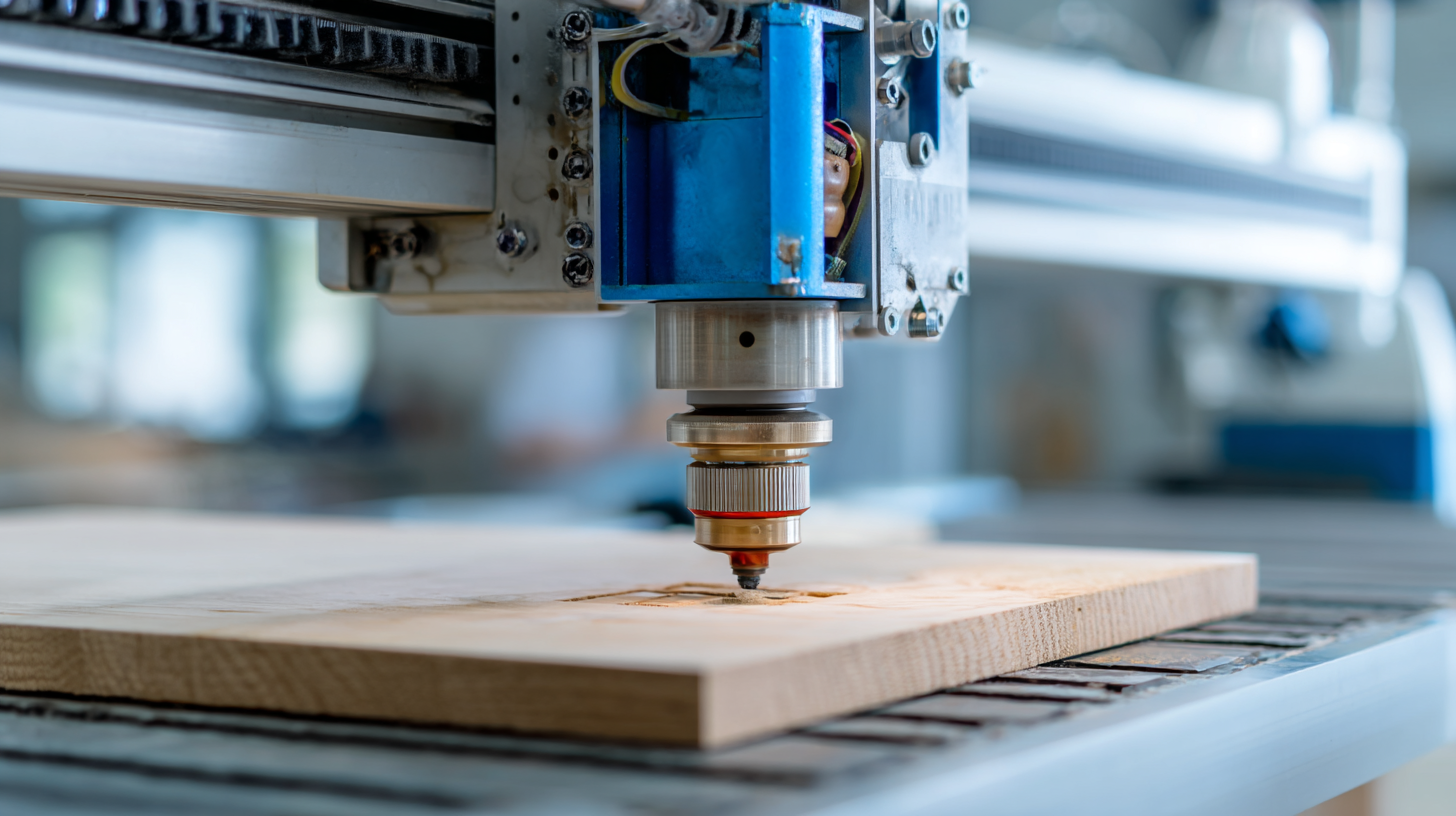 When selecting a wood CNC machine for your project needs, there are several essential features to consider that can significantly impact the quality of your results. First, the power and precision of the machine are paramount. A reliable motor ensures that complex cuts can be executed with accuracy, which is especially important when working with intricate designs that require a smooth finish. Advanced features like soft-start technology can enhance control during initial operations, preventing sudden jerks that might affect the overall outcome.
When selecting a wood CNC machine for your project needs, there are several essential features to consider that can significantly impact the quality of your results. First, the power and precision of the machine are paramount. A reliable motor ensures that complex cuts can be executed with accuracy, which is especially important when working with intricate designs that require a smooth finish. Advanced features like soft-start technology can enhance control during initial operations, preventing sudden jerks that might affect the overall outcome.
Another critical aspect is the versatility of the machine. Look for features that allow for various machining options, such as engraving, cutting, and milling, which can accommodate a wide range of projects. Additionally, consider the machine's compatibility with different types of software, ensuring that you can maximize its potential through suitable programming tools. Finally, pay attention to the dimensions and work area of the CNC machine, as these factors will determine the scale of your projects and the types of materials you can effectively handle.
Related Posts
-

Maximizing Efficiency: The Unmatched Advantages of CNC Wood Cutting Machines for Modern Manufacturing
-
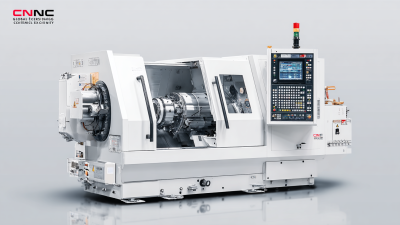
Global Sourcing Chinese Excellence: Why the Best CNC Lathe Machines Dominate World Markets
-

Ultimate Guide to Mastering Your First Desktop CNC Mill for Precision Engineering
-

Unlocking the Power of CNC Turning Tips for Global Buyers in the Digital Era
-
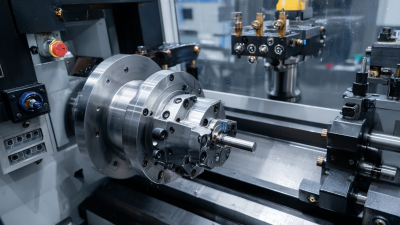
Unlocking Global Markets: The Role of Import-Export Certifications for the Best Small CNC Machines in Metal Fabrication
-
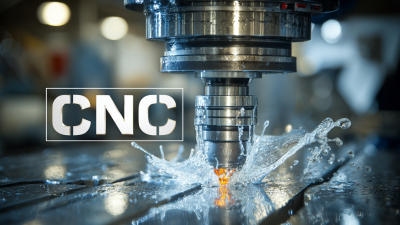
The Future of Advanced CNC Machine Technologies in Global Manufacturing
 English
English  Česká republika
Česká republika Deutsch
Deutsch Dutch
Dutch Polska
Polska

